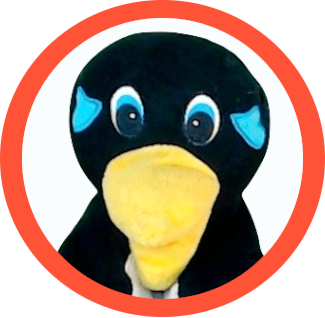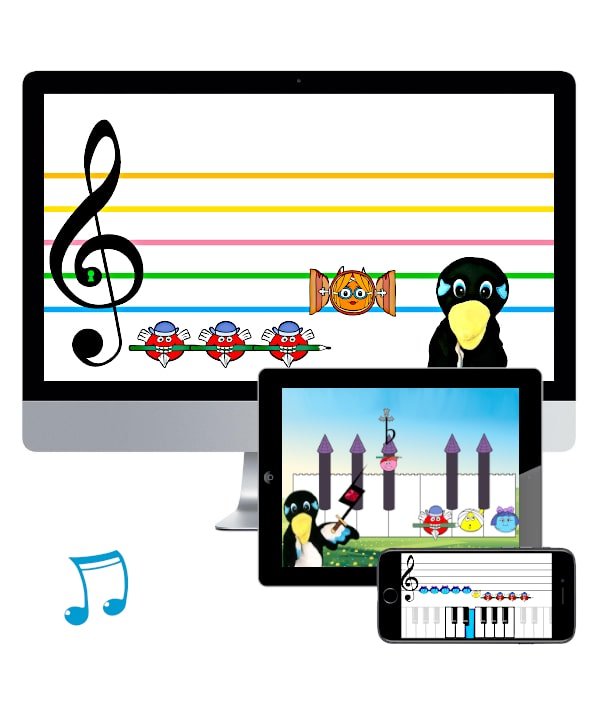

bestsellers
WHY LEARN MUSIC WITH MELOPY?

LEARN BY MAGIC!
Mélopie is much more than a simple playful piano method. It’s a whole musical, magical and magical universe. Nothing is left to chance, everything is explained by a funny story. Musical notes are endearing characters called musinains: old Monsieur Do, awkward little Ré, greedy Mademoiselle Mi… Musinans live in the stave house that is opened with the treble clef. They travel aboard a living piano train! The rhythms organize sports competitions, the flat is a dragon and the natural wood is a legendary sword!
Children have fun while learning concretely and effectively the piano, music theory and music. Mélopie covers a very wide range of knowledge, we are the only ones to offer such a complete piano, music theory and music program.
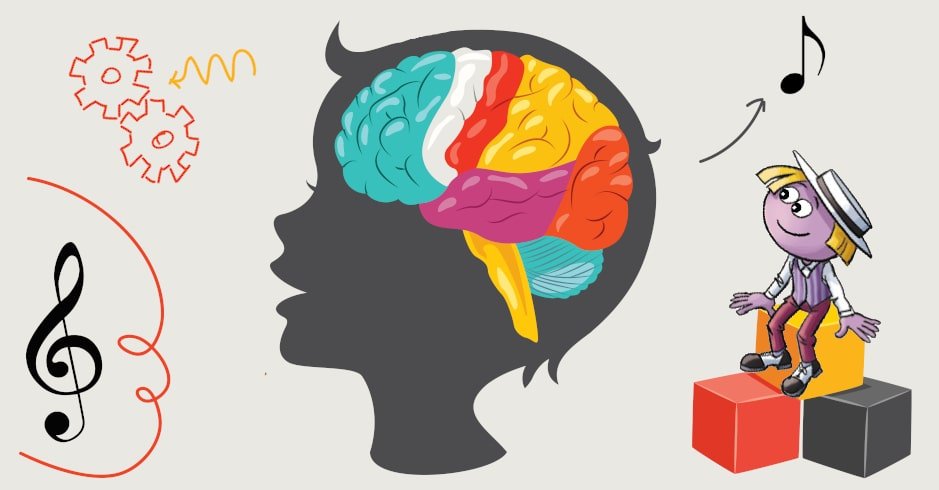
NEUROSCIENCE AND ACTIVE PEDAGOGY
The Mélopie methods offer a logical and progressive program. Children learn only one concept at a time. The difficulties are separate. The child is only confronted with concepts already learned for a better understanding. A child who understands is a successful child.
Each concept learned is immediately put into practice through music games, written exercises and a children’s piano score including this new learning. The richness of the content of the method makes a notion as abstract as music more concrete and palpable to the child. He handles musical games, he listens, he writes and he plays the piano, from the first lesson! As Maria Montessori mentions in her research, children learn with all their senses. They are amazed by their meteoric progress.
The methods contain musical tales. In these musical tales the child hears the piece he will learn to play on the piano. It is taken from a famous work, simplified and transformed into a fun song that the child will enjoy playing on the piano. The child will therefore play real easy piano sheet music that is meaningful to him, and not flavorless strings of notes. Knowing in advance the song in question, he will even be able to correct himself independently, by ear!
With Mélopie, learning is really child’s play! With more than 30 years of experience, we put the well-being of the child first and foremost. The discovery of music, music theory and learning the piano goes through superb moments of relaxation and complicity!
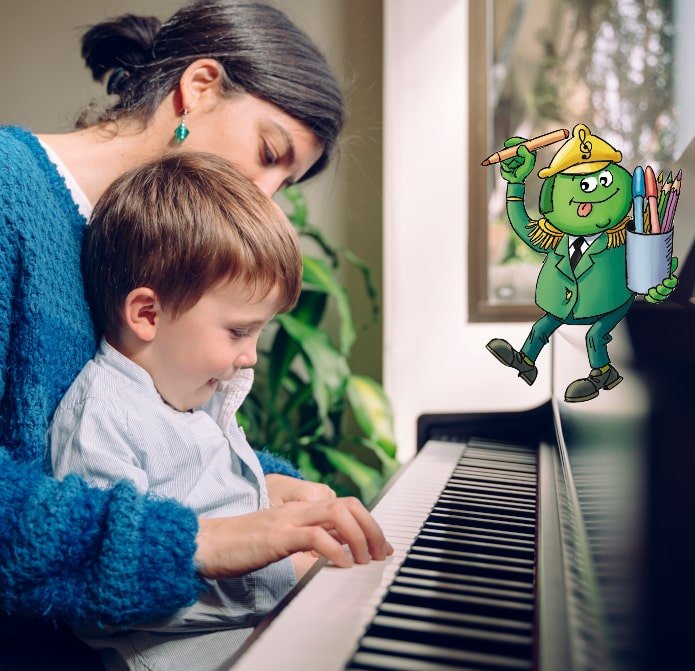
BECAUSE WE SAVE
The Mélopie methods can be used within a child piano lesson with a teacher but also at home with a parent. Even without knowing anything about music, a parent can become their child’s teacher and learn at the same time as him, thanks to all the educational explanations contained in our children’s piano methods. Why not combine fun and sharing with your child while saving some money? With Mélopie, you have the assurance of becoming your child’s own teacher at no additional cost!
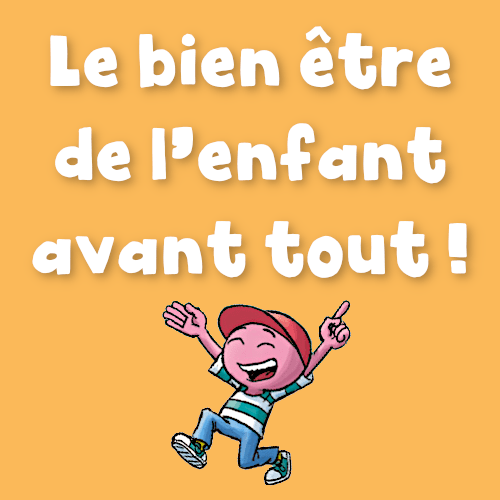
Testimonials
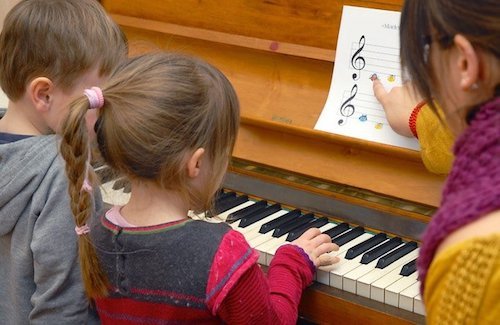
MUSIC TO GROW WELL
Music is gymnastics for the brain and nourishment for the soul. At birth, a baby’s brain has not yet completed its development. This will continue for the first years of life. The neurons and the number of connections that link the different areas of the brain to each other will multiply intensively until around 6 years of age. After this age, the phenomenon slows down until full brain maturity.
Howard Gardner, professor at Harvard distinguishes 7 types of intelligence, corresponding to 7 specific areas of the brain. It has been demonstrated that the music had this peculiarity of appealing and making all of these areas work as follows:
Linguistic intelligence is the mastery and love of language and words. The musical tales contained in the methods develop this intelligence passively through listening. The Mélopie puppet that prompts children to express themselves and sing actively does so through expression.
Mathematical intelligence is the art of reasoning and abstraction. With the rhythms, their gestures, their particular names and their sporting events, the child learns to compare, divide, add, subtract and multiply, in short quantify the values of the rhythms between them.
Musical intelligence is the understanding of frequencies, rhythms and sounds. By learning to decipher a score and actually play the piano from the first lesson, children work on their musical intelligence.
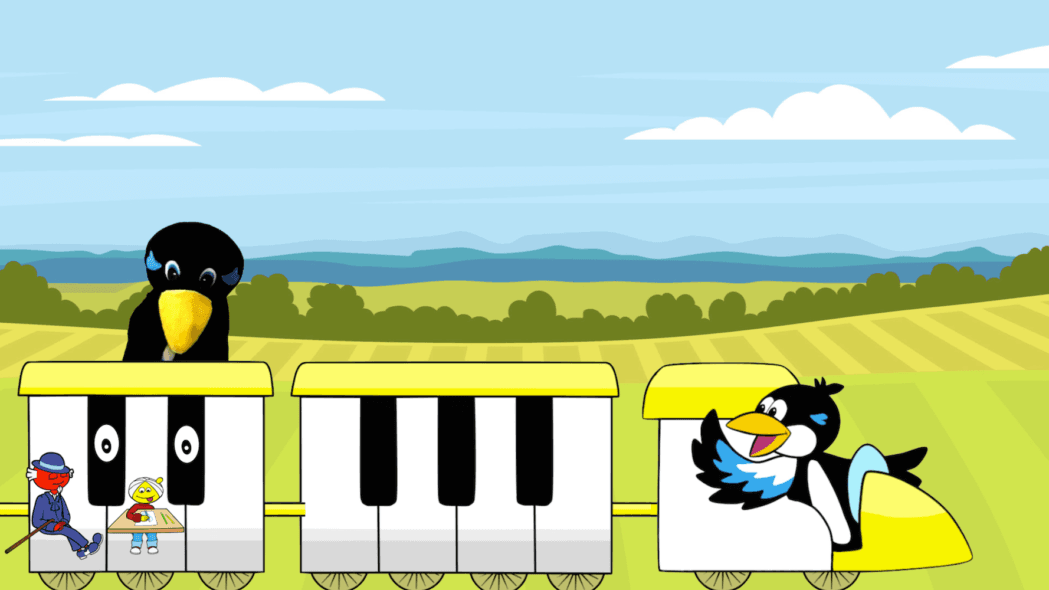
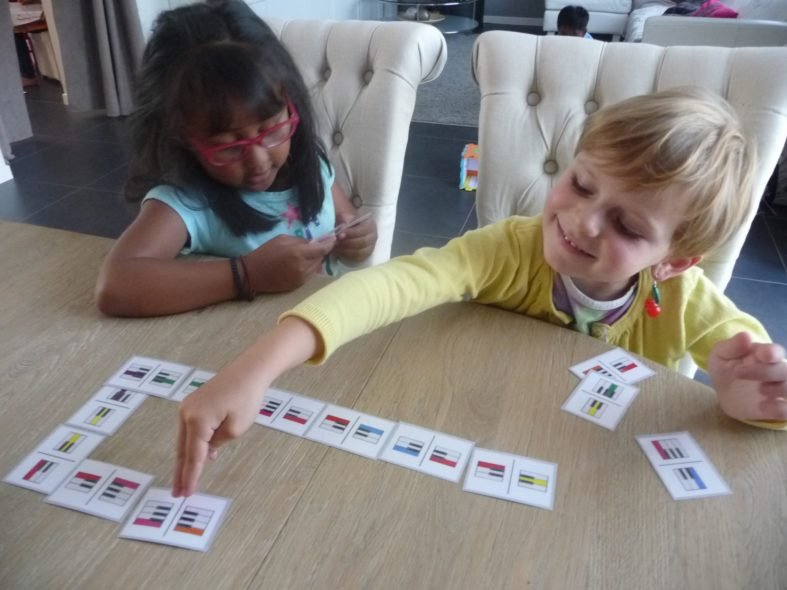
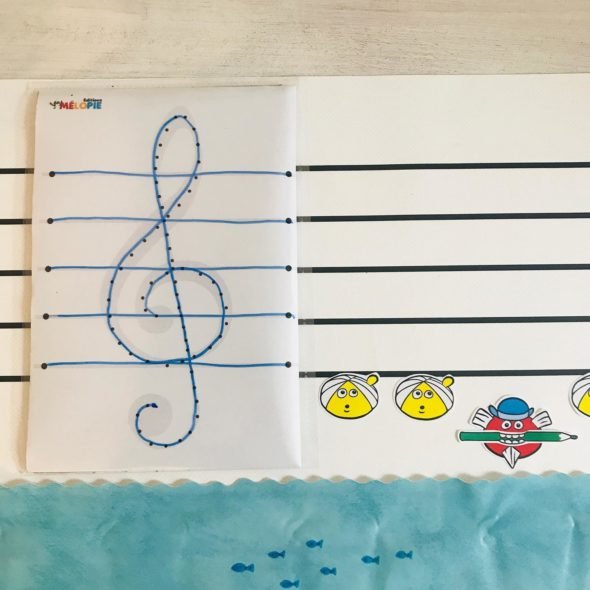
Spatial intelligence is the ability to perceive and transform volumes. As part of the lessons with a certified Mélopie teacher, once the songs have been learned, children are invited to dance them, drawing straight or curved lines, forming circles or squares and counting their steps.
Bodily intelligence is the control of the abilities of the body. By playing the piano, children work on their fine motor skills; by singing he makes his voice work and with the mnemonic gestures that Mélopie encourages him to perform in his videos, he makes all the rest work.
Emotional intelligence is the understanding of personal feelings and those of others. A story told to children arouses emotions. If you listen to the right music at the same time, those feelings will be even stronger. This is the magic of cinema and musical tales.
Existential intelligence is the interrogation of fundamental questions, the sensitivity to the lived experience specific to each of us. Each character in Mélopie’s musical tales lives different adventures that appeal to children and invite them to reflect.
FREQUENTLY ASKED QUESTIONS
Mélopie’s learning tools are for children from 3 to 10 years old.




